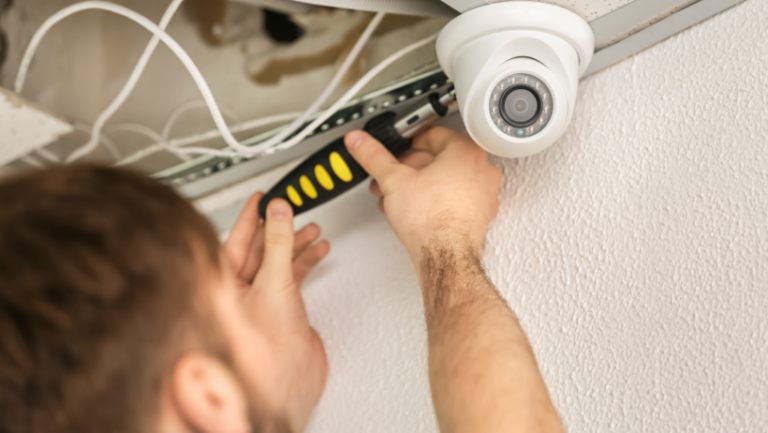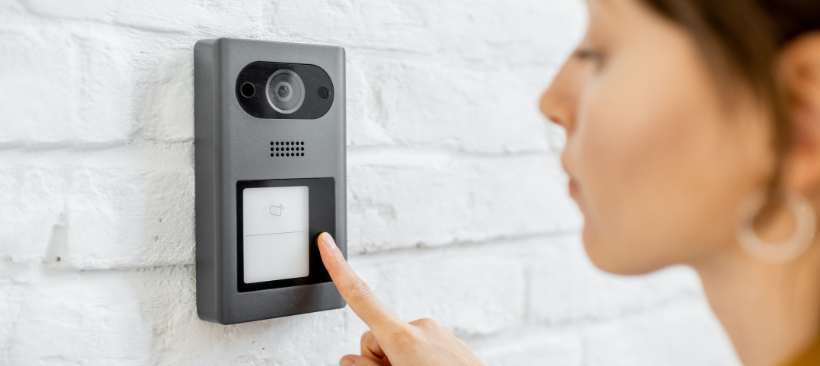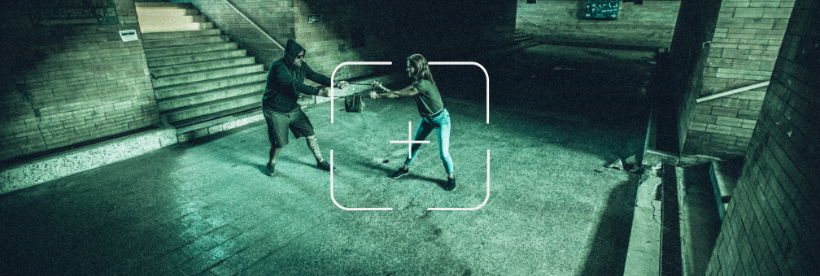Many individuals contemplate installing security cameras (referred to as “cámaras de vigilancia” or “cámaras de seguridad” in Spanish) to enhance home security. Whether the objective is to deter theft and vandalism or to provide peace of mind, in 2023, there are numerous home security systems available that can even stream high-definition footage directly to your mobile device.
However, in Spain, the installation of security cameras is subject to specific guidelines, particularly in a country where communal living arrangements, such as shared apartment buildings with common areas, are prevalent. The decision regarding camera placement can be intricate, and it may not ultimately rest solely with the property owner.
Furthermore, Spain’s security camera laws place a strong emphasis on data protection, encompassing stringent regulations pertaining to the access, storage, and deletion of images and personal data.

To simplify the regulations, in general terms, capturing images or recording on private property is permitted in Spain, but doing so in public areas is prohibited, with a few exceptions.
According to the official law of the Spanish government on security cameras and data protection: “Cameras and camcorders installed in private spaces cannot capture images of public spaces unless it is indispensable for the intended surveillance purpose or unavoidable due to their placement.”
In common areas within private buildings, decisions generally necessitate consensus among the “comunidad,” akin to a homeowner’s association within the building, and the approval of the majority of property owners.
Regardless of camera placement, certain steadfast rules must be adhered to:
In essence, recording images and videos is limited to private property, and therefore, recording public areas such as streets, adjacent lands, or nearby residences is not within legal rights. However, exceptions can be made if, due to the layout or location of one’s private property, a portion of public space is unavoidably captured by the cameras. It is advisable to communicate with neighbors and seek legal counsel in such cases.

Recording only one’s own property and the area encompassing the front door, technically, is not considered illegal, despite being in a public space. This is because it is classified as a personal domestic activity and is therefore exempt from data protection laws.
Installation of security cameras in common areas of a shared building, such as elevators or corridors, necessitates approval in a community meeting, with a three-fifths majority vote.
If you wish to record individuals working on private property, such as builders or cleaners, you may do so but must inform the worker beforehand to ensure legal compliance.

In the event that one of your cameras records footage of a criminal offense, you are legally obligated to personally provide the material to the police, and the images must not be used for any other purposes under any circumstances.
In the event you are in the market for good quality internet cameras, SGM can personally recommend the brand EUFY. You can find their website HERE.







